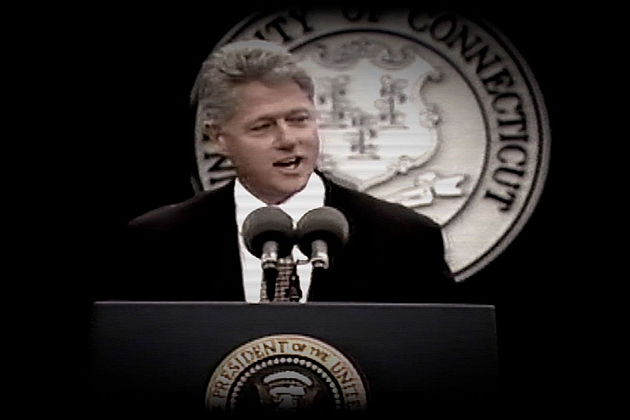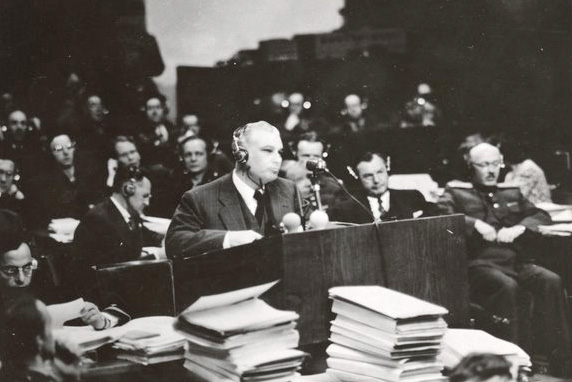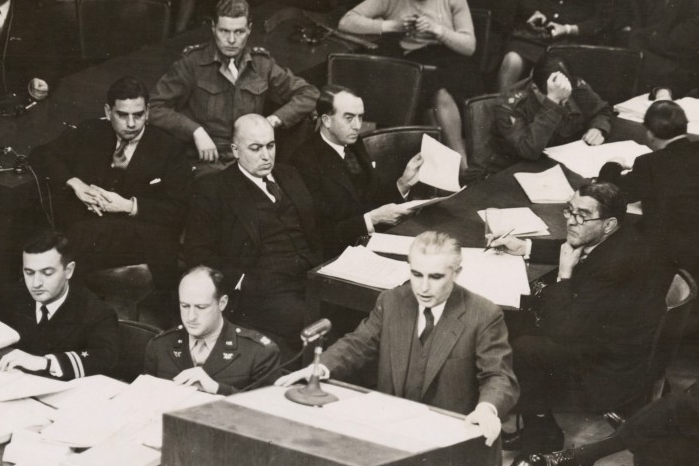About The Dodd Center
The Dodd Center for Human Rights honors the public service and human rights legacies of Thomas J. Dodd and Christopher J. Dodd. Beginning with Thomas Dodd’s service as executive trial counsel to the International Military Tribunal at Nuremberg and carrying through to Christopher Dodd’s leadership in the drafting and adoption of the Dodd-Frank Act and the Affordable Care Act, father and son have worked to advance justice and dignity for over 60 years.
The Dodd Center for Human Rights is home to the UConn's world-class human rights research, academics, and outreach programs. Dodd Human Rights Impact Programs, which were recently created with the support of Senator Dodd, fosters a culture of human rights at UConn, in Connecticut, and around the world. Dodd Impact is part of the Gladstein Family Human Rights Institute which supports interdisciplinary inquiry into the most pressing human rights questions and prepares the next generation of human rights advocates across a range of fields. HRI offers an undergraduate major and minor – the largest at a public university in the United States – and a graduate certificate and Master of Arts program. HRI supports research by over 40 faculty in the fields of law, social work, education, the humanities, social sciences, fine arts, and others.
In addition to its human rights focus, The Dodd Center for Human Rights will continue to house the Center for Judaic Studies and Contemporary Jewish Life and the University Libraries’ Archives and Special Collection, further underscoring the dynamic, multidisciplinary nature of the space.
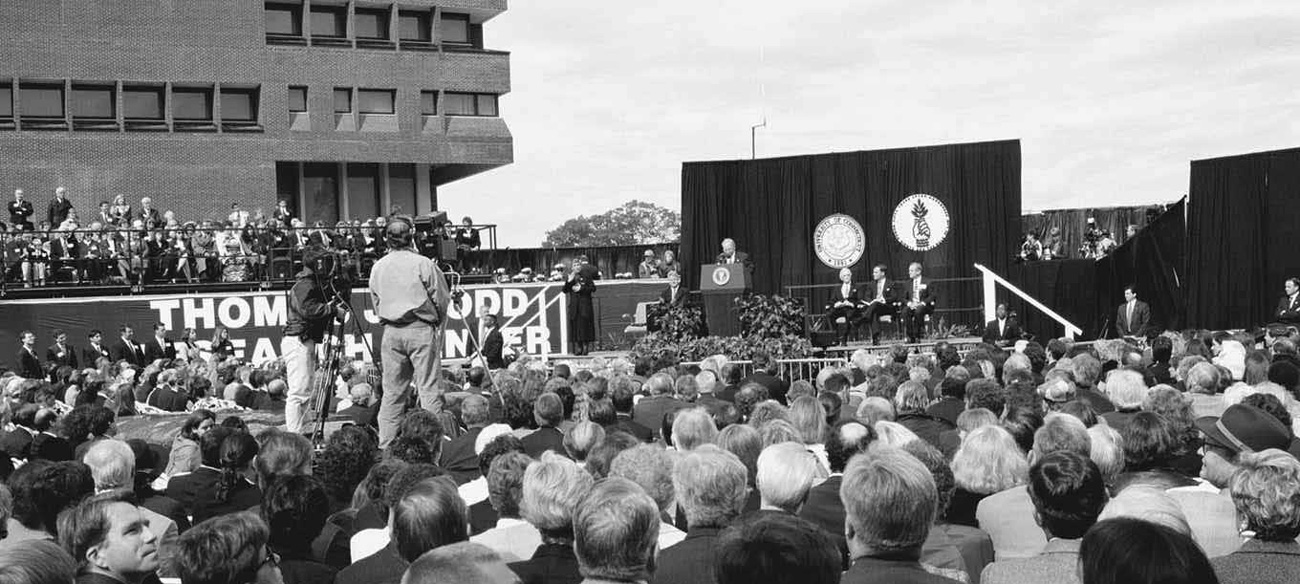
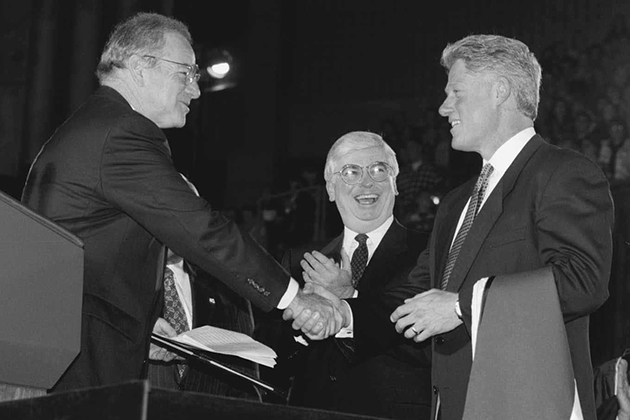
The Center's History
The building was originally dedicated as Thomas J. Dodd Research Center in 1995 by President William J. Clinton and Senator Christopher J. Dodd to honor Thomas Dodd’s service as executive trial counsel in the International Military Tribunal, the first of the Nuremberg War Crimes Trials. In the year that followed, known as the Dodd Human Rights Year, UConn hosted an international conference examining the events surrounding the Holocaust and Nuremberg Trials and offered programming dedicated to human rights violations in Latin America, Tibet, and Cambodia, disability rights in North America, the internment of Japanese-Americans during the Second World War, and the plight of African Americans involved in the Tuskegee Study. The Dodd Year began with an address from Nobel Laureate Elie Wiesel and concluded with a speech from former president of the Soviet Union Mikhail Gorbachev. Over the past 25 years, the building has become a center of archival research and UConn’s diverse human rights programs.
Headlines Over the Years
The Dodd Center: A Home for the Discussion of Human Rights
October 3, 2011 | Bret Eckhardt
The Thomas J. Dodd Research Center was opened by incumbent President Bill Clinton 16 years ago, establishing a focal point for the study of human rights at the University and in the state.
Historic Nuremberg Papers of Sen. Thomas Dodd Go Digital
February 13, 2014 | Kenneth Best
Some 50,000 pages of documents from the Nuremberg Trials will be made available to scholars from around the world.
Reflections on the Dodd Center’s Namesake 75 Years After Landmark War Crimes Trials
November 30, 2020 | Christopher J. Dodd
Sen. Chris Dodd reflects on his father's service as a prosecutor in the Nuremburg war crimes trials 75 years after they began.
